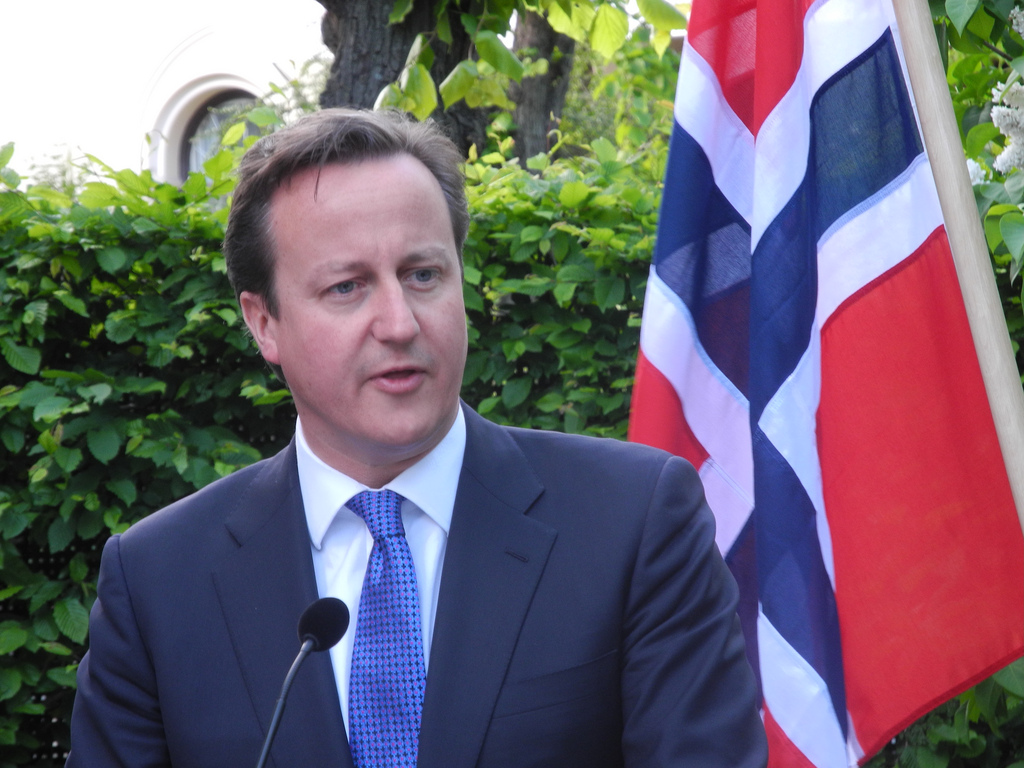In 2016, the probabilities that the UK leaves the EU is a concrete risk that will increasingly capture market attention.
Uncertainty should stay high until the referendum and the outcome is too close to call.
A recent poll shows that the "out" camp is still making all the running.

The stakes are substantial because Brexit would have damaging consequences for UK growth and would also durably hurt the European economy via the trade and financial transmission channels.
We could still foresee this as a 50-50% probability of Brexit, (UK brexit polls to substantiate our views).
Demerits of this move:
A severe downgrade to UK growth prospects would severely hurt sterling.
Capital outflows accelerated by a dismal investment outlook would worsen the UK's external position (the current account deficit has reached a record high of 5.1% of GDP) and fuel a negative GBP spiral, as the economy relies on capital inflows.
The BoE would respond by staying accommodative for a longer time, which would weigh more on the currency.
GBP/USD would fall more than the EUR/GBP would rise in a Brexit scenario. However, this does not imply that the optimal hedging solution is expressed in cable.
Ruthless downgrading UK growth projections would severely hamper sterling.
Capital outflows accelerated by a dismal investment outlook would worsen the UK's external position (the current account deficit has reached a record high of 5.1% of GDP) and fuel a negative GBP spiral, as the economy relies on capital inflows.



 Nasdaq Proposes Fast-Track Rule to Accelerate Index Inclusion for Major New Listings
Nasdaq Proposes Fast-Track Rule to Accelerate Index Inclusion for Major New Listings  FxWirePro- Major Crypto levels and bias summary
FxWirePro- Major Crypto levels and bias summary  Elon Musk’s Empire: SpaceX, Tesla, and xAI Merger Talks Spark Investor Debate
Elon Musk’s Empire: SpaceX, Tesla, and xAI Merger Talks Spark Investor Debate  JPMorgan Lifts Gold Price Forecast to $6,300 by End-2026 on Strong Central Bank and Investor Demand
JPMorgan Lifts Gold Price Forecast to $6,300 by End-2026 on Strong Central Bank and Investor Demand  BTC Flat at $89,300 Despite $1.02B ETF Exodus — Buy the Dip Toward $107K?
BTC Flat at $89,300 Despite $1.02B ETF Exodus — Buy the Dip Toward $107K? 
































